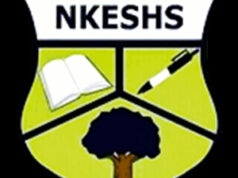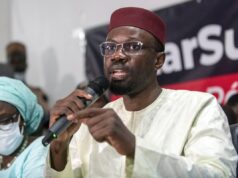As Ghana intensifies national efforts to safeguard its cultural legacy, renowned ethnomusicologist Professor John Collins has joined the Dikan Center to lead a groundbreaking project aimed at preserving Africa’s rich musical history.
Collins will head Dikan’s newly launched Bokoor Department, home to one of the continent’s largest private archives of African music and culture. The move comes at a time when debates about cultural identity, national memory, and digital preservation are taking center stage in Ghanaian and African public discourse.
With over 40 years of research into Ghana’s musical traditions — particularly highlife — Prof. Collins brings deep academic expertise and personal dedication to the role.
He has also donated his massive archive to Dikan, comprising over six million items including rare audio recordings, historic photographs, academic manuscripts, instruments, posters, and oral histories.

Many of these materials, previously stored at risk in vulnerable conditions, are now being professionally digitized and catalogued.
The archive will be permanently housed in the new Bokoor Room at Dikan’s Accra campus, with selections featured in public exhibitions and accessible to researchers, students, and musicians.
“Preserving this cultural memory isn’t just about the past — it’s about grounding the future,” said Prof. Collins. “Dikan offers the tools, vision, and urgency needed to bring African music to the world, and back to its own people.”
The announcement comes ahead of the highly anticipated “100 Years of Highlife” exhibition in late 2025, which will explore the evolution of Ghana’s most influential music genre — one that shaped not only national identity but pan-African musical trends.
Collins, the author of Highlife Time, West African Pop Roots, and other definitive texts, is also known for founding the iconic Bokoor Studio — which played a key role in recording and promoting artists like Fela Kuti, E.T. Mensah, and King Bruce.

His partnership with Dikan also aims to advance global recognition for highlife music, including efforts to collaborate with UNESCO to list it as part of the world’s intangible cultural heritage.
“This isn’t just a research project. It’s a cultural mission,” said Paul Ninson, founder and director of Dikan. “Professor Collins’s arrival transforms Dikan into a major center for African music research and gives Ghana a strong voice in shaping the global understanding of African creativity.”

In line with this vision, Dikan has launched the Bokoor Fellowship, which will support young researchers, archivists, and cultural workers from across Africa and the diaspora to engage directly with the archive and develop new work rooted in African traditions.








